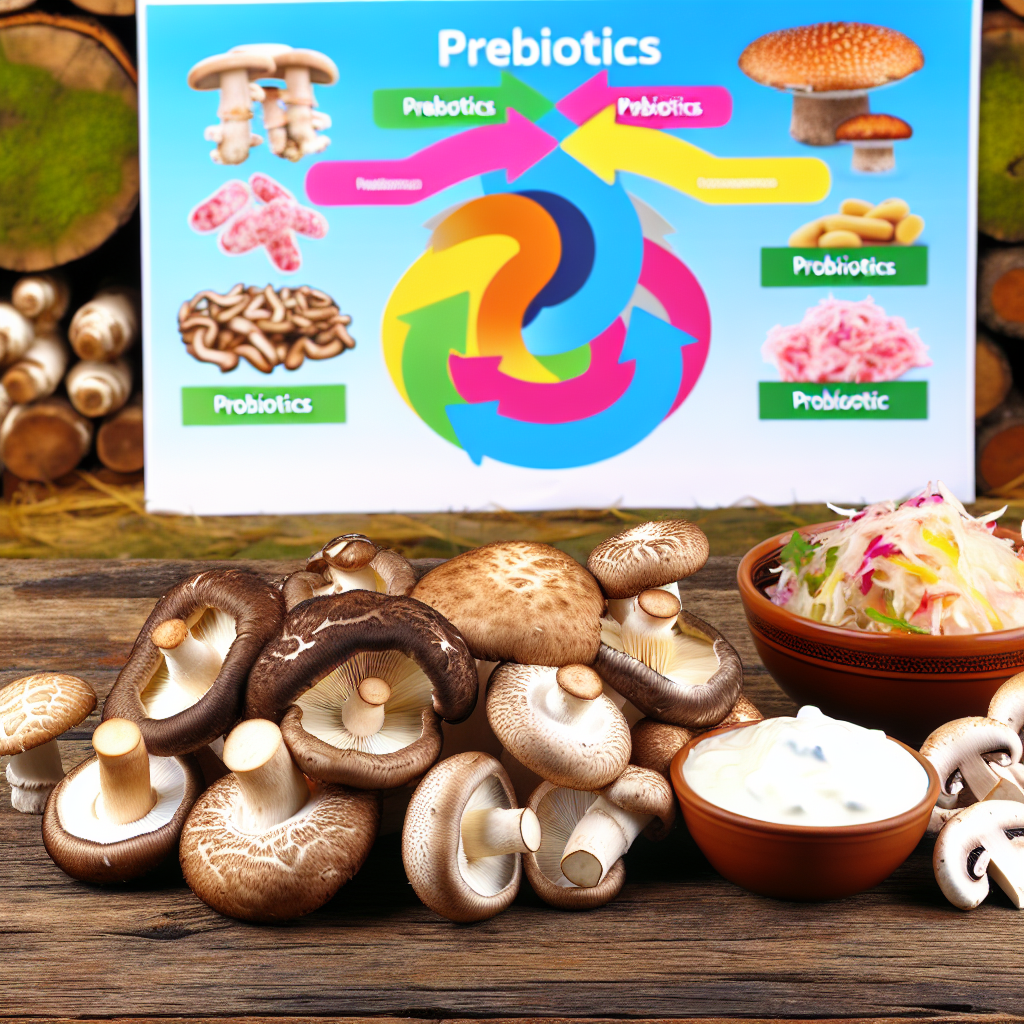Here is the cleaned up and expanded blog post:
Psilocybin End-of-Life Care: Transforming Hospice Through Compassion and Consciousness
By [Your Name]
Reimagining Hospice: How Psilocybin is Redefining End-of-Life Care
As medical science continues to explore holistic and compassionate end-of-life care options, psilocybin—a naturally occurring psychedelic compound found in certain mushrooms—has emerged as a transformative tool in palliative medicine. The mental and emotional toll associated with terminal illnesses often goes unspoken or undertreated. Patients frequently grapple with existential anxiety, depression, and intense fear of death during their final days. Traditional pharmacological interventions such as antidepressants or anti-anxiety medications often fall short in alleviating these profound feelings. In recent years, however, psilocybin-assisted therapy has sparked both clinical and public interest for its capacity to reduce psychological suffering in end-of-life scenarios.
Psilocybin has shown promising effects in enhancing emotional well-being, promoting acceptance, and reducing emotional pain in patients facing terminal diagnoses such as advanced-stage cancer. While the notion of using psychedelics in hospice might have once been relegated to counterculture or alternative medicine, rigorous academic research and clinical trials are changing that narrative. Psilocybin therapy is gradually finding its footing in mainstream discussions around palliative care and hospice services.
Integration of psilocybin into hospice care models aims to offer more than symptom management. By helping patients process fear, unresolved trauma, and complicated grief, psilocybin provides a psychologically supportive journey toward a peaceful death. The therapeutic environment—guided by trained professionals—ensures that these sessions are safe, intentional, and meaningfully integrated into a patient’s larger care plan.
Equally important is the extension of support to families of the dying, who often experience a parallel journey of anticipatory grief, emotional overload, and psychological exhaustion. The ripple effect of psilocybin therapy can help foster better communication, acceptance, and relational closure between patients and loved ones.
As legal and regulatory landscapes rapidly evolve, hospice organizations are beginning to recognize the invaluable role that mindful psychedelic integration may play in enhancing the quality of remaining life. The mission of patient-centered, dignified, and compassionate care is in harmony with psilocybin’s therapeutic potential. Understanding the current research, potential applications, and family dynamics involved will be crucial as this promising treatment becomes more accessible.
The Science Behind the Psychedelic: Clinical Trials and Groundbreaking Research
Scientific validation of psilocybin’s use in end-of-life care has grown extensively over the past decade. Notably, 2016 marked a watershed moment for psychedelic research with two groundbreaking studies conducted at Johns Hopkins University and NYU School of Medicine. These randomized, double-blind, placebo-controlled trials investigated the effects of a single dose of psilocybin on depression and anxiety in cancer patients. Both studies reported significant reductions in psychological distress—with positive effects sustained for up to six months in many participants.
The Johns Hopkins study, published in the Journal of Psychopharmacology, found that 80% of patients experienced clinically significant decreases in depressed mood and anxiety, with two-thirds rating the experience as one of the most meaningful of their lives. Read the full study here.
Patients reported increased feelings of interconnectedness and acceptance, which helped them confront death with less fear and more peace of mind.
More recently, the 2020 publication of a comprehensive review in JAMA Psychiatry focused on the efficacy of psilocybin therapy in treating major depressive disorder, including cases arising from terminal illness diagnoses. This paved the path for institutionally sanctioned trials exploring psilocybin’s role in modern hospice care frameworks. Explore the JAMA article here.
Building a Framework: Integrating Psilocybin into Hospice and Palliative Care Services
In terms of professional application, organizations like the Usona Institute and Compass Pathways are leading the charge in regulatory approval processes, while institutions such as UC Berkeley’s Center for the Science of Psychedelics are developing training programs for therapists, guides, and end-of-life caregivers. This promotes responsible integration of psilocybin into hospice settings, ensuring that patients are supported by professionals who understand both clinical nuances and spiritual dimensions of such therapy.
On the institutional level, the Oregon Psilocybin Services Section is pioneering legal frameworks for guided psilocybin therapy, and some hospice care providers in the state are considering how to incorporate this emerging modality into their comprehensive care offerings.
Healing Beyond the Patient: Supporting Families Through Psychedelic-Assisted Therapies
Family members also benefit from psilocybin-informed hospice care. Facilitated conversations, shared therapy settings, and family-bonding experiences under clinical guidance have been shown to strengthen relationships during a profoundly emotional time. Early findings suggest that families who have participated in psilocybin-assisted therapy sessions with their loved ones report decreased post-loss trauma, higher levels of closure, and a more integrated grieving process.
These supportive dynamics make psilocybin a unique tool for not only preparing patients for death but also guiding families through anticipatory grief and eventual loss.
Conclusion: A Conscious, Compassionate Future in Hospice Care
As the conversation around end-of-life care evolves, psilocybin emerges not only as a novel medical treatment but as a compassionate, human-centered approach to dying. Supported by credible science, guided by trained professionals, and increasingly accepted within regulatory frameworks, psilocybin-assisted therapy provides emotional relief and existential peace for patients while also supporting families through one of life’s most challenging transitions. The path forward involves continued research, ethical integration, and an unwavering commitment to dignity at the end of life.
References
- Griffiths, R. R. et al. (2016). Psilocybin in Patients with Life-Threatening Cancer. Journal of Psychopharmacology.
- Ross, S. et al. (2016). Psilocybin for Anxiety and Depression in Cancer Patients. Journal of Psychopharmacology.
- Davis, A. K. et al. (2020). Psilocybin Therapy for Major Depressive Disorder. JAMA Psychiatry.
- Usona Institute – Psilocybin Research Initiatives
- Oregon Health Authority – Psilocybin Services
Concise Summary:
This blog post explores how psilocybin, a naturally occurring psychedelic compound, is transforming end-of-life care in hospice settings. It discusses the clinical research supporting psilocybin’s ability to reduce psychological distress in terminally ill patients, the integration of psilocybin-assisted therapy into hospice care models, and the benefits for both patients and their families. The article highlights the potential of psilocybin to provide emotional relief, promote acceptance, and foster a more compassionate and dignified approach to the end-of-life journey.

Dominic E. is a passionate filmmaker navigating the exciting intersection of art and science. By day, he delves into the complexities of the human body as a full-time medical writer, meticulously translating intricate medical concepts into accessible and engaging narratives. By night, he explores the boundless realm of cinematic storytelling, crafting narratives that evoke emotion and challenge perspectives. Film Student and Full-time Medical Writer for ContentVendor.com




